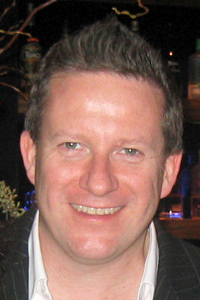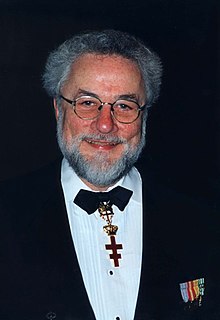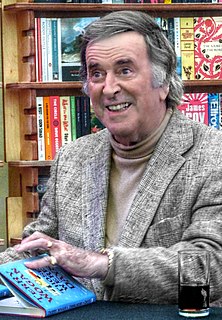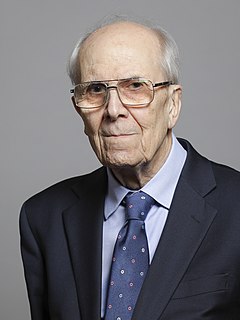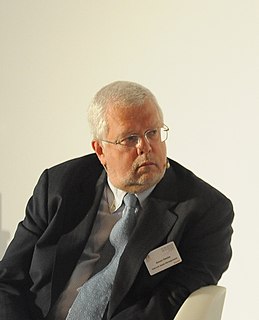A Quote by David Attenborough
It was regarded as a responsibility of the BBC to provide programs which have a broad spectrum of interest, and if there was a hole in that spectrum, then the BBC would fill it.
Related Quotes
Once, BBC television had echoed BBC radio in being a haven for standard English pronunciation. Then regional accents came in: a democratic plus. Then slipshod usage came in: an egalitarian minus. By now slovenly grammar is even more rife on the BBC channels than on ITV. In this regard a decline can be clearly charted... If the BBC, once the guardian of the English language, has now become its most implacable enemy, let us at least be grateful when the massacre is carried out with style.
I argue that science would be much richer if it were multisensory. The problem with instrumentation is that instruments, unlike our senses, can be monosensory. Since the discovery of the electromagnetic spectrum - which is really the discovery that all energy coming from something has a wave form - in theory we could image anything along that spectrum. In fact, we don't, because only certain parts of the spectrum have been instrumentalized. But the new thing is computerization. You can take all the data, the measurement of the frequencies, and transform it into an image.
Professionally, I was at Bristol Old Vic Theatre School and did lots of things there, and then I won the BBC Carlton Hobbs Award, so I did some BBC Radio drama work, which is a lovely way to start out because you work with lots of great people, and you're working all the time, so you're learning rather than sitting around and waitressing.
If we were making a record in Kentucky, there might be some more elements that recall a time, a place, or a relationship. Recording for the BBC you enter into this strange and wonderful, but kind of sterile, place with which you have no personal history, and that's the Maida Vale Studios at BBC in London.




